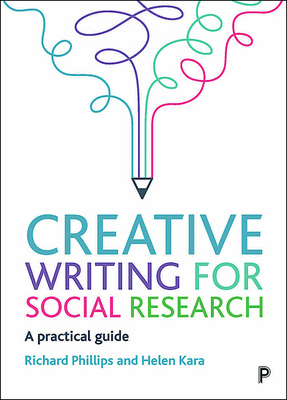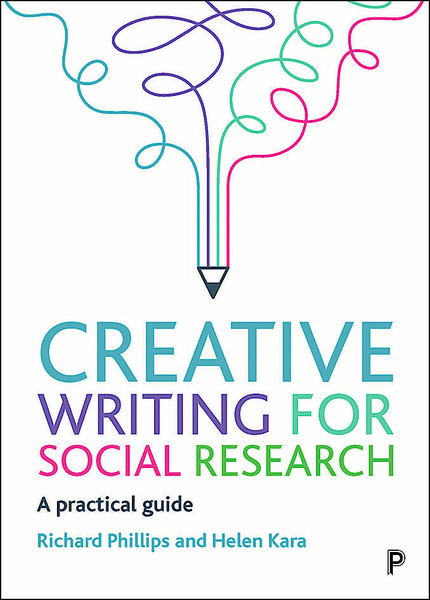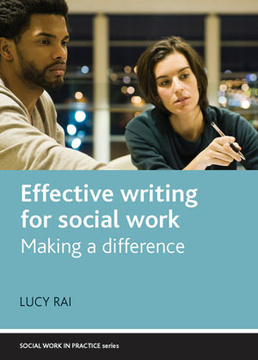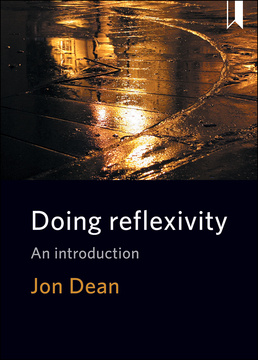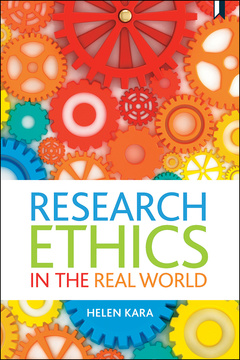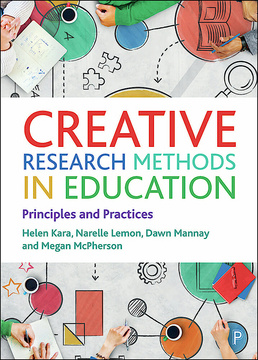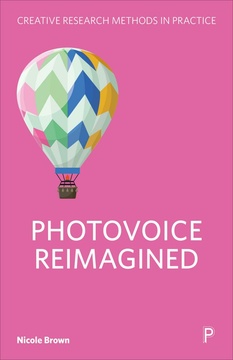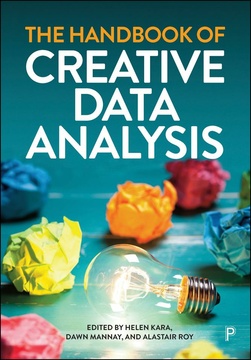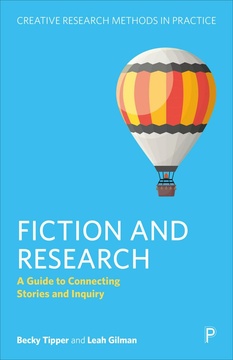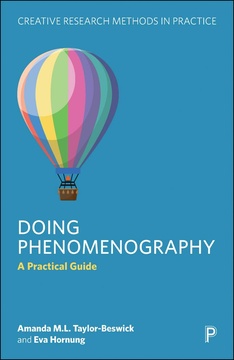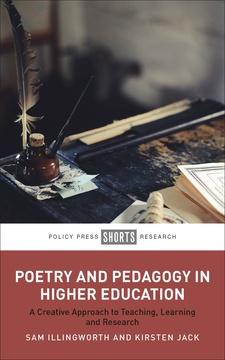Published
Jan 20, 2021Page count
224 pagesISBN
978-1447355984Dimensions
240 x 172 mmImprint
Policy PressPublished
Jan 20, 2021Page count
224 pagesISBN
978-1447355977Dimensions
240 x 172 mmImprint
Policy PressPublished
Jan 20, 2021Page count
224 pagesISBN
978-1447356004Imprint
Policy PressPublished
Jan 20, 2021Page count
224 pagesISBN
978-1447356004Imprint
Policy PressWatch Helen Kara's YouTube channel
In the media
On our blog: When creative writing and social research meet
This groundbreaking book brings creative writing to social research. Its innovative format includes creatively written contributions by researchers from a range of disciplines, modelling the techniques outlined by the authors. The book is user-friendly and shows readers:
• how to write creatively as a social researcher;
• how creative writing can help researchers to work with participants and generate data;
• how researchers can use creative writing to analyse data and communicate findings.
Inviting beginners and more experienced researchers to explore new ways of writing, this book introduces readers to creatively written research in a variety of formats including plays and poems, videos and comics. It not only gives social researchers permission to write creatively but also shows them how to do so.
“A fantastic book, a polyvocal story and a guide to creative practice with great examples and exercises. Once I started, I couldn't put it down! Essential reading for all social researchers and research methods students.” Maggie O'Neill, University College Cork
“Well-written, varied, helpful and engaging… for those trying creative and arts-based methods or those just wanting to understand them, this book offers such a rich yet accessible way in.” Sally Chivers, Trent University
“... An irresistible case for using creative writing in social research.” Technical Communication
“Well written and engaging… I would recommend this book to all qualitative social researchers, particularly those working in areas such as disability, equality, inclusion, diversity and marginalisation.” Research Matters
“This book invites readers to navigate the uncharted territory where creative writing and scholarly work intersect. Nothing but inspiring, invigorating and intriguing possibilities await those who venture in.” Patricia Goodson, Texas A&M University
“I love this book! There is so much content covered in a way that is entirely accessible and non-prescriptive. The book helps you think about creative writing and offers opportunities to practice it and see how it works for you. It will definitely be on my recommended reading list.” Nicole Brown, UCL Institute of Education
"This book crackles with energy and enthusiasm. It provides a wide-angled lens on social research, at once empathetic and focused, and articulates the intersections between creative writing and social research in a helpful and accessible way. Bridging the world of the new researcher and the established academic, the book celebrates creative writing as research in all its messiness and strategic scruffiness." Kate Pahl, Manchester Metropolitan University
Richard Phillips is Professor of Human Geography at the University of Sheffield. He is a specialist in creative and arts-led research methodologies, which he practises in his own work and encourages students to try in the field trips he leads in cities from Liverpool to New York. Richard’s books include Georges Perec’s Geographies (2019), Fieldwork for Human Geography (2012), Sex, Politics and Empire (1996), and Mapping Men and Empire: A Geography of Adventure (1997).
Helen Kara has been an independent researcher since 1999 and specialises in research methods and ethics. She is the author of Creative Research Methods: A Practical Guide (Policy Press, 2nd ed. 2020) and Research Ethics in the Real World: Euro-Western and Indigenous Perspectives (Policy Press, 2018). Helen is an Honorary Senior Research Fellow at the University of Manchester, and a Fellow of the Academy of Social Sciences.
INTRODUCTION
Definitions
~ Social research
~ Creativity and creative
~ Writing and creative writing
Synergies between creative writing and social research
What follows
DOING CREATIVE WRITING
Introduction
Doing it yourself: getting started
~ Reading for writing
~ Small steps and time frames
~ Warm-up exercises
Putting yourself in the picture
~ Writing in the first person
~ Diaries and journals
Observation and description
~ Autoethnography
~ Observational writing and the implied observer
~ Stories and storying
~ Collecting and transcribing stories
Writing about ideas: essays and lists
~ Essays
~ Lists and listing
Doing it yourself: following through
~ Drafting and editing
~ Seeking and receiving feedback
~ Writing together
DOING RSEARCH, GENERATING DATA, WORKING WITH PARTICIPANTS
Introduction
~ Rationale
~ Ethics
Getting started: participatory creative writing for social research
~ What is a participant?
~ How to invite or recruit participants
Workshops and groups
~ How to draw participants together into a cohesive group
~ Playful workshops
~ Getting started, warming up
~ How to write, review and revise together: workshopping
~ Scope
Working with individuals
~ Varying roles for participants and facilitators
Data and findings: process and product
~ Observing and documenting the creative writing process
~ Product: outputs and impacts
EXPLORING AND ARTICULATING FINDINGS
Introduction
Data analysis
~ Fiction in data analysis
~ Poetry in data analysis
~ Play and screenplay writing in data analysis
Dissemination
~ Visual methods of writing for dissemination
~ Performance for dissemination
~ Comedy in dissemination
Finding and telling stories; storying
SEARCHING AND QUEER(ING) WRITING
Introduction
Searching
Queer(ing) writing







